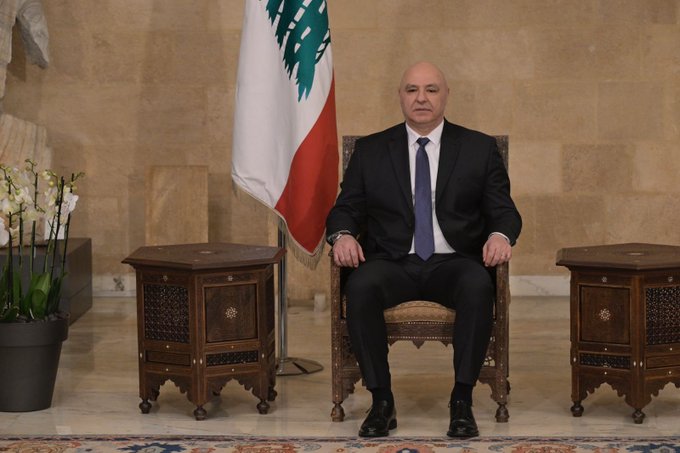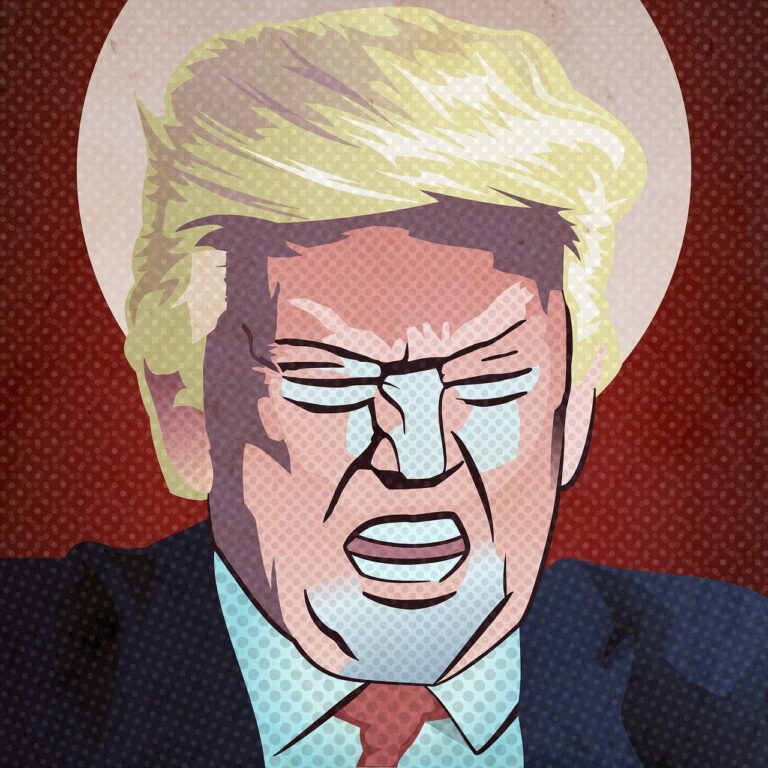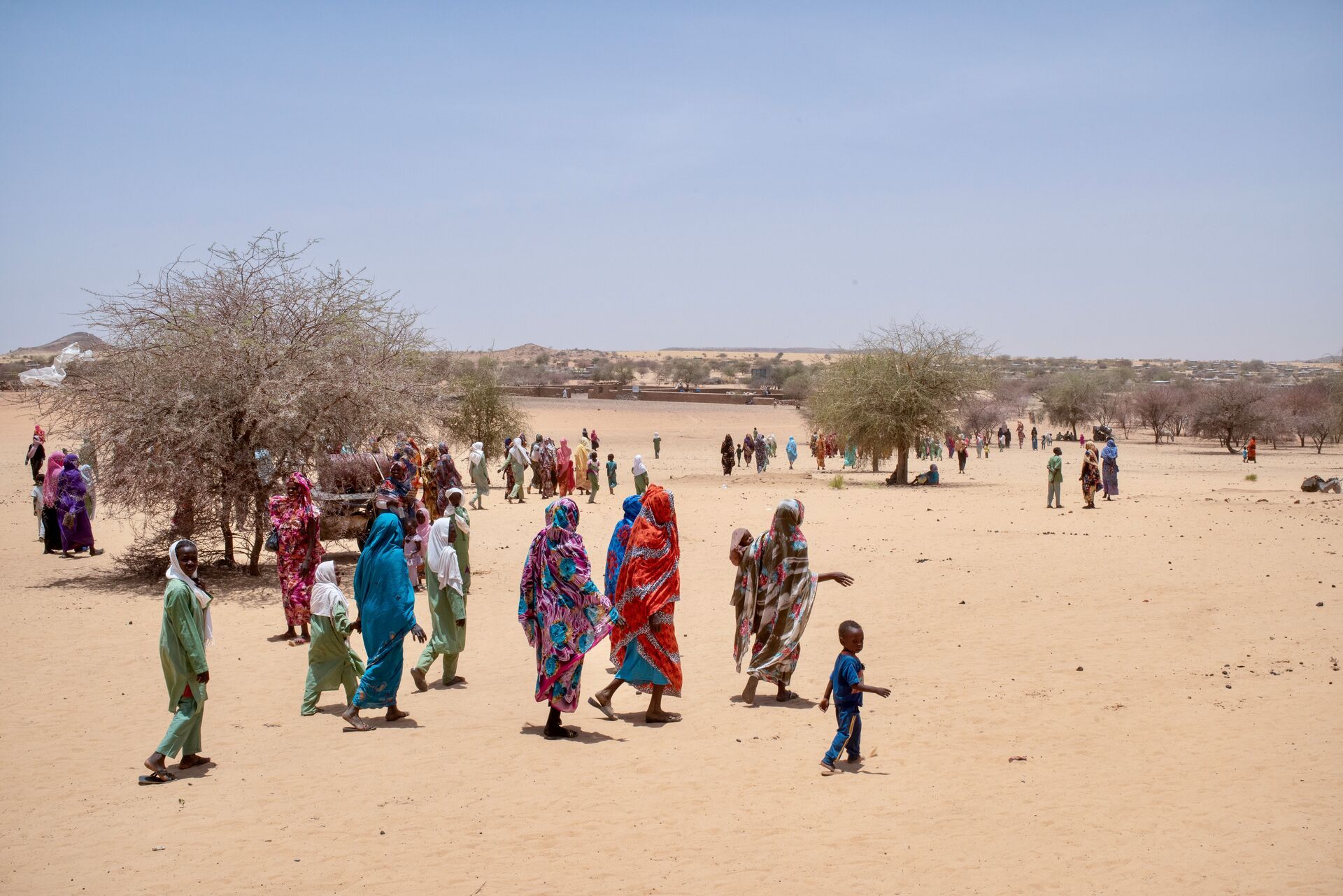
Joseph Aoun. Photo: @Joseph__Aoun|X
Beirut/Tehran/Washington/New York: After remaining without a President for over two years since the term of its last president General Michel Aoun ended in October 2022, Lebanon finally got its 14 President on January 9, 2025. General Joseph Aoun became the fifth Lebanese army commander to be elected as president in Lebanon’s history.
The 61-year-old General Joseph Aoun was the leading candidate for the presidency. He had risen to fame after commanding the military in a pivotal battle to oust the Islamic State group from the mountainous region near the Syrian border on 19 August 2017. He was elected as the nation’s president by a special session of Parliament, which called for all 128 members to cast their votes for the next president of the nation on January 9, 2025.
However, General Aoun could not achieve the necessary two-thirds majority (86 votes) in the first round of parliamentary voting via secret ballot. Since no candidate reached this threshold, all that was needed was to secure a simple majority of 65 votes in the subsequent rounds which he obtained with the support of 71 lawmakers.
Earlier on at least a dozen times since October 2022, Lebanon tried to elect a new president but all those attempts proved futile amid a deadlock in Parliament between pro- and anti-Hezbollah blocs. Per Lebanon’s power-sharing agreement as defined by the National Pact, the individual vying for the presidency must be a Maronite Christian. Since late November 2024, the General, who has been the Lebanese Army chief since 2017, has been in charge of the measured deployment of the armed forces in southern Lebanon, following a ceasefire that brought an end to over a year of conflict between Israel and Hezbollah. The latter had reservations about Aoun’s candidacy, and the General on his part, avoided any confrontation with Israeli forces that killed around 40 Lebanese soldiers in the last one and a half years.
The Iran-backed Hezbollah has come out of the conflict significantly weakened, as Israeli strikes have resulted in the deaths of many of its senior commanders and caused severe damage to the group’s strongholds. In Tehran, Iranian President Masoud Pezeshkian announced its readiness to develop cooperation with Lebanon in different sectors during the tenure of the newly elected president in Beirut and underlined that Joseph Aoun’s election was the result of an agreement among the majority of Lebanon’s political parties, which will lead to political stability, continuous economic growth, peace and comfort for the people of Lebanon. Pezeshkian emphasized that strengthening resilience and unity among the Lebanese people “will undoubtedly thwart the ambitions of the Zionist enemy against Lebanon’s territory”.
The President of the United States of America, Joseph R. Biden, spoke with President Joseph Aoun to congratulate him on his election victory and told him to fully implement the cessation of hostilities announced on November 26, 2024, and for Lebanon and its people to recover and rebuild. President Biden pledged to continue U.S. support for Lebanon’s security forces, and for Lebanon’s recovery and reconstruction as President Aoun “works with the United States and Lebanon’s true friends in the international community towards a Lebanon that is once again secure, sovereign, and prosperous”.
The United Nations Secretary-General António Guterres expressed the UN’s commitment to supporting the strengthening of Lebanon’s sovereignty, stability, and political independence per the Taif Accord, which was negotiated in Ta’if, Saudi Arabia in September 1989 and approved by the Lebanese Parliament on November 4, 1989, which ended the civil war in Lebanon; and Baabda declaration and the effective implementation of the relevant Security Council resolutions, which are essential to the stability of Lebanon and the region.
“This is a critical step towards overcoming Lebanon’s political and institutional impasse after over two years of presidential vacuum. The election of the President provides an important opportunity to empower the state institutions to address the country’s multi-faceted crises,” Stéphane Dujarric, Spokesman for the UN Secretary-General, said in New York. He added, “We encourage the swift formation of a new Government to provide Lebanese people with functioning state institutions that address their needs and aspirations,” he added.
UN Special Coordinator, Jeanine Hennis-Plasschaert, said “The election of a President offers renewed hope and an opportunity to pave the way for progress towards consolidating the cessation of hostilities and preserving the country’s security and the country’s stability.”
According to the US Secretary of State Antony J. Blinken, this was an opportunity to advance critical reforms, restore government functions, and strengthen institutions to rebuild a strong, stable, prosperous Lebanon.
– global bihari bureau





